I decided to go to the mall yesterday. It's a small mall relatively speaking. I was looking for a coat. Just a coat. Well, after an hour and a half, walking around, trying on coats, walking around some more, going in and out of stores I came out of the mall, got in to my car, and drove home. Directly home. I had plans to go to Target but it didn't happen. I needed to decompress. The mall had sapped my energy. I needed a quiet, comfortable, familiar terrain instead of the loud, bustling, unfamiliar maze of this mall. Why did I get like that? What was it that took so much out of me, confused me, and forced me home?
I didn't hear of the term "Sensory Processing Disorder" until I was 20. I was always just "overly- sensitive" Accurate term no doubt. I came across another "hyper sensitive" person, a child named Sam, and his mother told me a bit about "Sensory Processing Disorder." The term stuck with me and so when I went home I googled it. Aha! It was me! There was just one thing: everything I read was about SPD in children. I love children, nothing against children, but I wanted to read about adults with SPD. I had already passed the childhood stage. I came across a book that helped me tremendously, Sharon Heller's Too Loud Too Bright Too Fast Too Tight.
I learned that being "hyper-sensitive" in adulthood was more common than I thought. Heller discusses what SPD is, how it impacts a person and then suggests a "sensory diet" in the second part of the book.
Heller writes how there are three parts of the brain: the brain stem, the limbic system, and the neocortex (or the primitive, emotional, and thinking brain). When there is what we'll call "sensory input" these three parts work in sync to organize it for the body. However if there is a glitch in the connections between any of these three parts of the brain, a "traffic jam" occurs, the sensory input isn't organized well and gets mixed up. That's why an SPDer may feel "off," or unbalanced when there's a lot of sensory action going on around or in them. This also applies for an SPDer who craves sensory input.
I'm one who runs away from "too much input"… and so solves my maddening mall experience. Too much was going on outside of me I felt unbalanced inside – thereby needing to just decompress. So, I didn't get to Target yesterday, I'll just have to go another day.
So I'd say a key part of learning about how to deal with SPD is simply to learn a bit about SPD in adults and how it manifests itself in you (or family member or friend). Learn, read, it makes it much easier to address the issue if you know a bit about what you're dealing with.
Head to the library and take out the Heller's book, I think you'll find it a very interesting read. I did.
Questions and Comments are always welcome! Reach out to us with your stories at social@funandfunction.com or on our social media pages!
Kate is an incredibly functional and talented adult in her early 20s with SPD. She is a social worker by profession and enjoys spending time with her family, especially her nieces and nephews (as long as they don't put their sticky hands on her!)
Check out our calming toys and tools to reduce sensory overload.

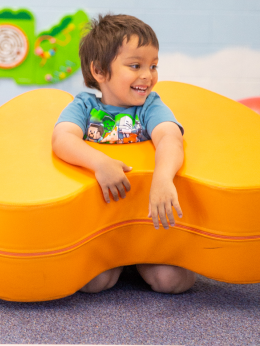


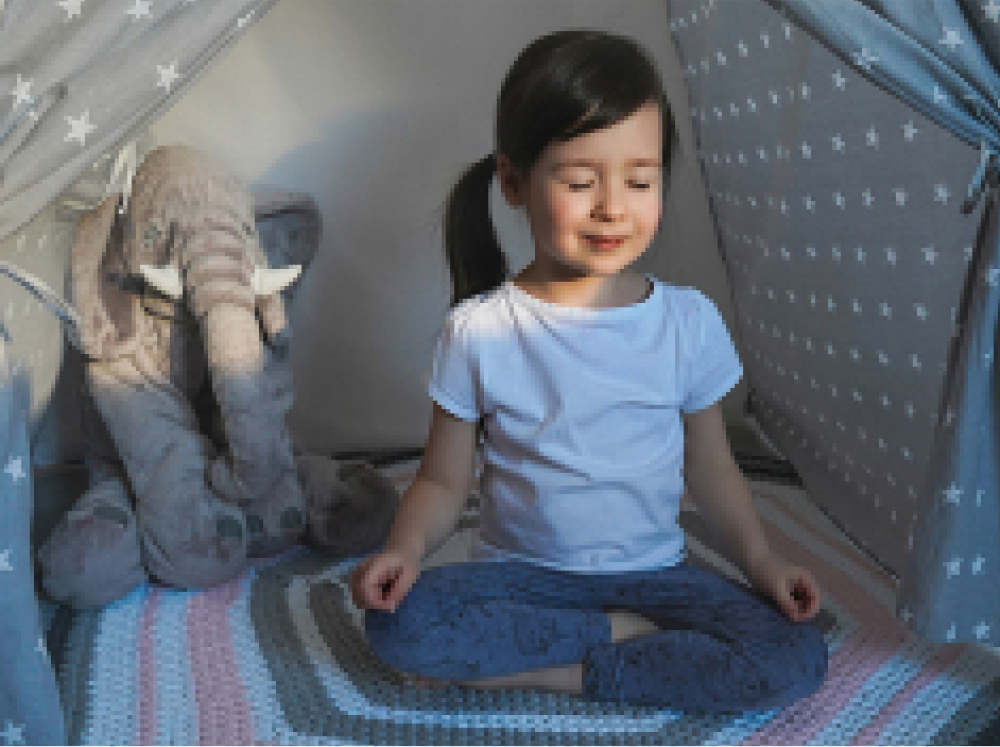
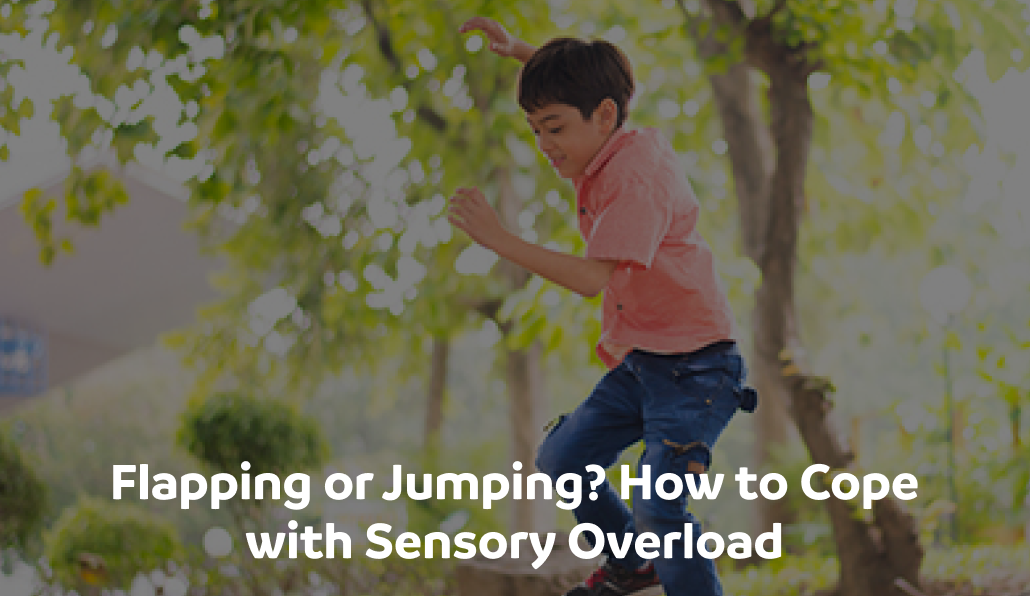

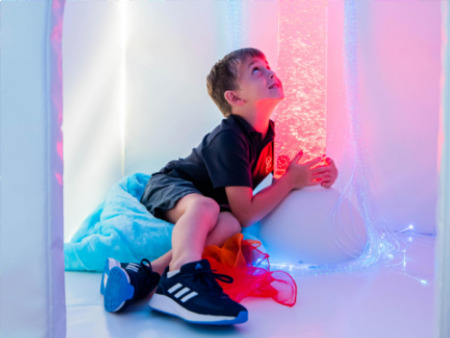
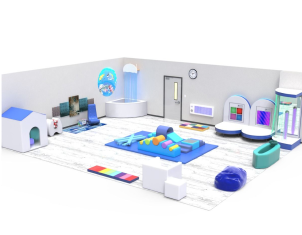

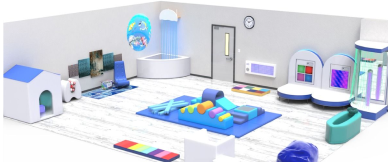
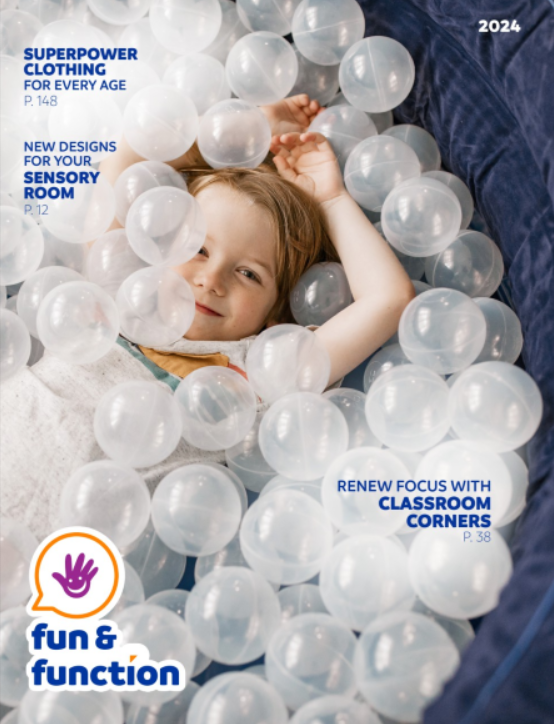
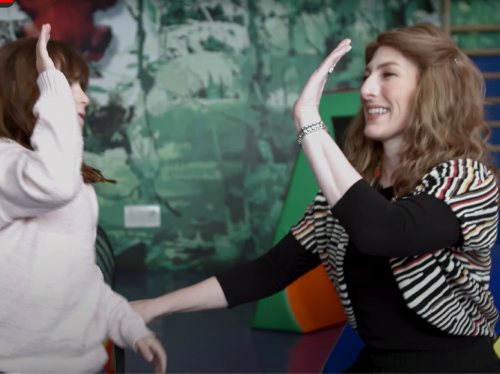

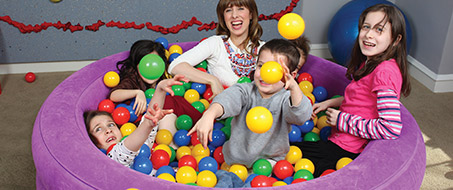




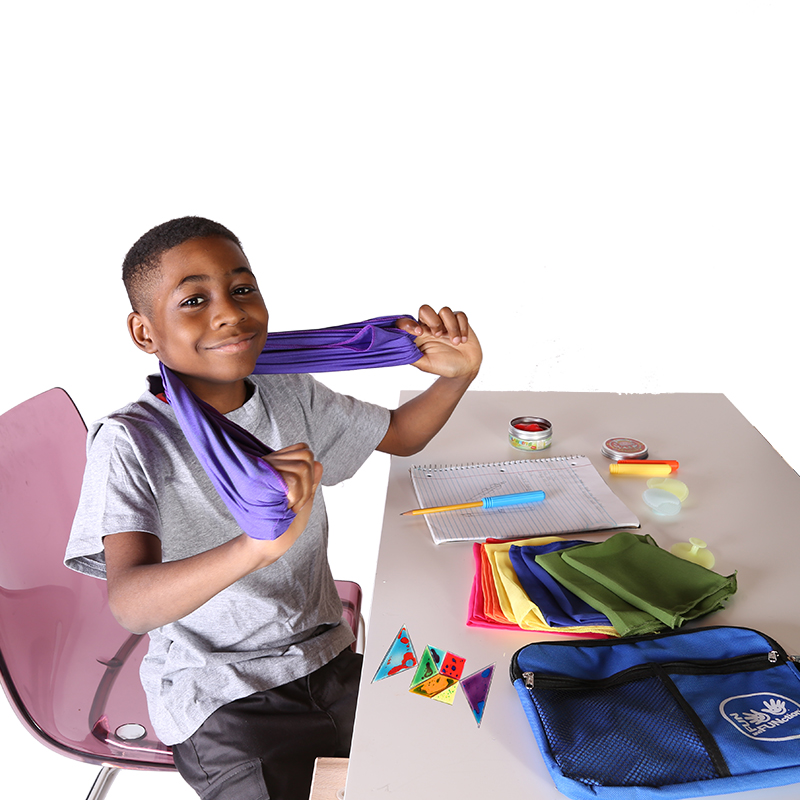


Comments